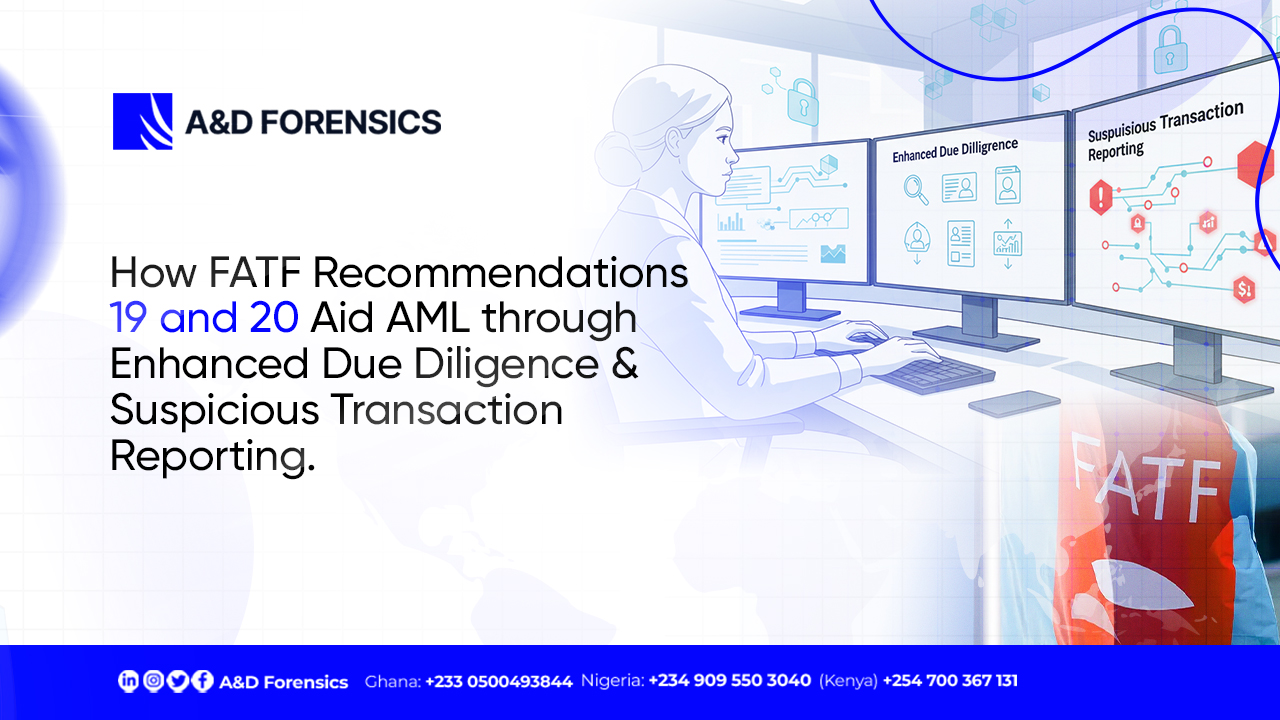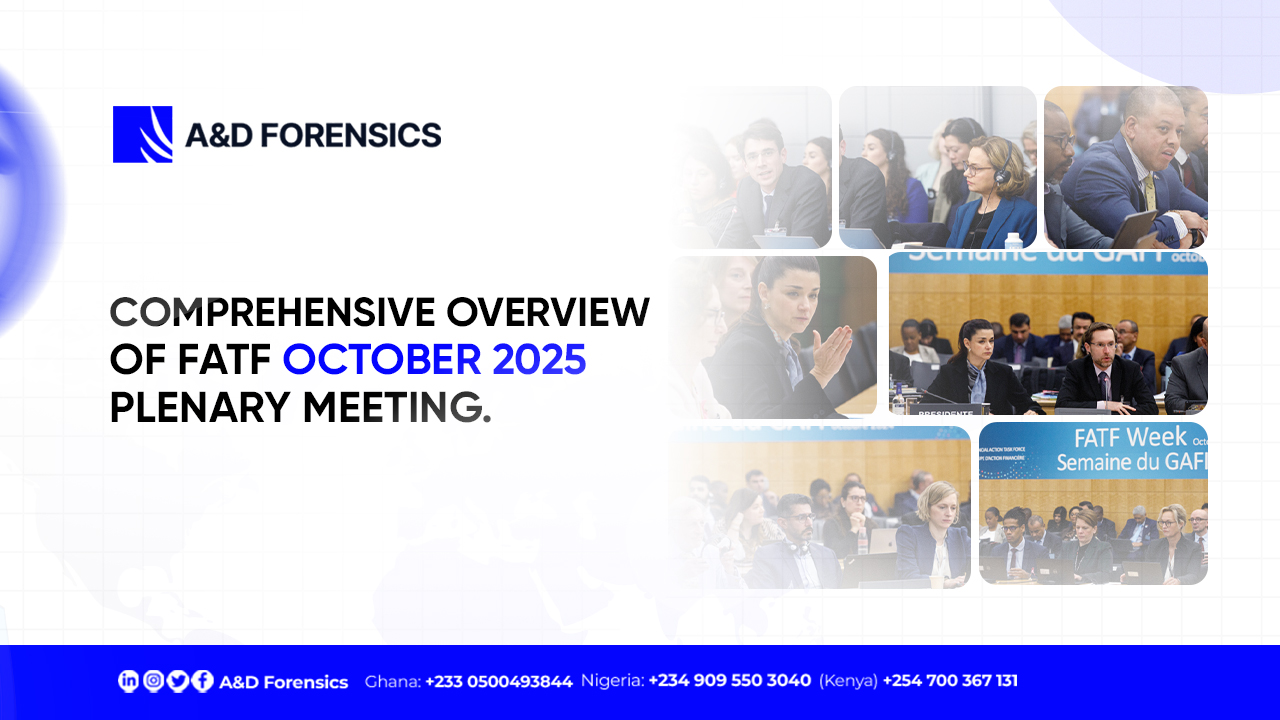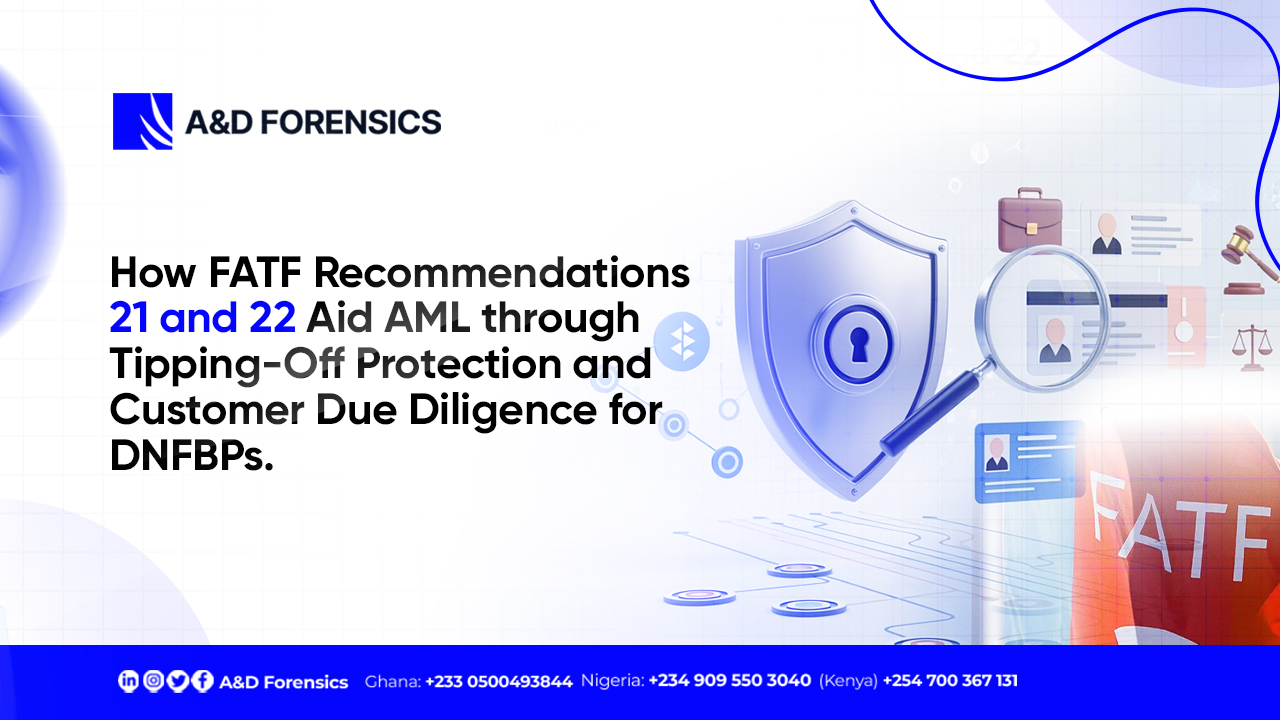FATF Recommendation 19 and FATF Recommendation 20 are central to strengthening global AML/CFT compliance frameworks by ensuring both proactive due diligence on higher-risk jurisdictions and timely reporting of suspicious activity. As financial institutions expand across borders and face evolving threats, the risks of money laundering, terrorist financing, and regulatory breaches continue to rise. In response, the Financial Action Task Force (FATF) introduced these Recommendations to ensure financial institutions can identify elevated risks, take preventive steps, and escalate suspicions to relevant authorities.
Understanding FATF Recommendation 19: Enhanced Due Diligence for High-Risk Countries..
FATF Recommendation 19 requires financial institutions and other obligated entities to apply proportionate enhanced due diligence when dealing with countries identified as high-risk by FATF or local regulators, which may include identifying relationships or transactions linked to such jurisdictions, collecting additional customer information such as source of funds and wealth, and obtaining senior management approval before establishing or continuing the relationship.
How FATF Recommendation 19 Aids Anti-Money Laundering (AML).
- FATF Recommendation 19 ensures heightened scrutiny of relationships tied to high-risk countries.
- Requires institutions to verify ownership, purpose, and legitimacy of cross-border flows.
- FATF Recommendation 19 helps detect suspicious activity earlier through ongoing monitoring.
- Promotes accountability by involving senior management in decision-making.
- FATF Recommendation 19 enables regulators to direct countermeasures that isolate financial systems from high-risk exposures.
Understanding FATF Recommendation 20: Suspicious Transaction Reporting (STR).
FATF Recommendation 20 requires financial institutions to promptly report to their FIU whenever they suspect, or have reasonable grounds to suspect, that funds are linked to criminal activity or terrorist financing, which includes submitting STRs in the prescribed format, maintaining confidentiality to avoid tipping off, ensuring legal protection for staff and institutions, and documenting the reasons for suspicion.
How FATF Recommendation 20 Aids Anti-Money Laundering (AML).
- FATF Recommendation 20 creates a direct intelligence feed from financial institutions to FIUs.
- Prevents illicit funds from remaining undetected by requiring reporting on suspicion, not proof.
- FATF Recommendation 20 encourages staff vigilance through clear escalation pathways.
- Strengthens collaboration between institutions and regulators in fighting financial crime.
- FATF Recommendation 20 builds case intelligence for law enforcement investigations and prosecutions.
5 Key Impacts of FATF Recommendation 19 (EDD) and FATF Recommendation 20 (STR).
- FATF Recommendation 19 ensures institutions apply enhanced due diligence when interacting with high-risk jurisdictions.
- FATF Recommendation 20 obligates institutions to report suspicious activities, regardless of transaction size.
- Together, they enhance early detection of money laundering and terrorist financing schemes.
- They strengthen collaboration between institutions and FIUs, feeding into national and global intelligence networks.
- They balance proactive risk management with reactive reporting to create a comprehensive AML framework.
5 Implementation Challenges of FATF Recommendation 19 and FATF Recommendation 20.
- Identifying links to high-risk jurisdictions in complex ownership structures and cross-border flows.
- Allocating resources to conduct deeper due diligence without slowing business operations.
- Training staff to recognize and escalate suspicious activities effectively.
- Ensuring timely submission of STRs despite internal bottlenecks.
- Avoiding over-reporting or vague STRs that dilute intelligence quality.
Conclusion
FATF Recommendation 19 and FATF Recommendation 20 work hand in hand to strengthen global AML/CFT compliance by promoting both preventive enhanced due diligence and effective suspicious transaction reporting. FATF Recommendation 19 ensures institutions detect and manage risks associated with high-risk jurisdictions, while FATF Recommendation 20 ensures that suspicious activities are escalated to FIUs without delay. Despite challenges such as resource allocation, complex structures, and the need for staff vigilance, these recommendations create a balance between risk prevention and intelligence generation.
Explore FATF Recommendation 1 to 14 in our previous blog:
- FATF Recommendation 1 and 2
- FATF Recommendation 3 and 4
- FATF Recommendation 5 and 6
- FATF Recommendation 7 and 8
- FATF Recommendation 9 and 10
- FATF Recommendation 11 and 12
- FATF Recommendation 13 and 14
- FATF Recommendation 15 and 16
- FATF Recommendation 17 and 18
Contributor: Ibrahim Anuoluwapo Azeez






